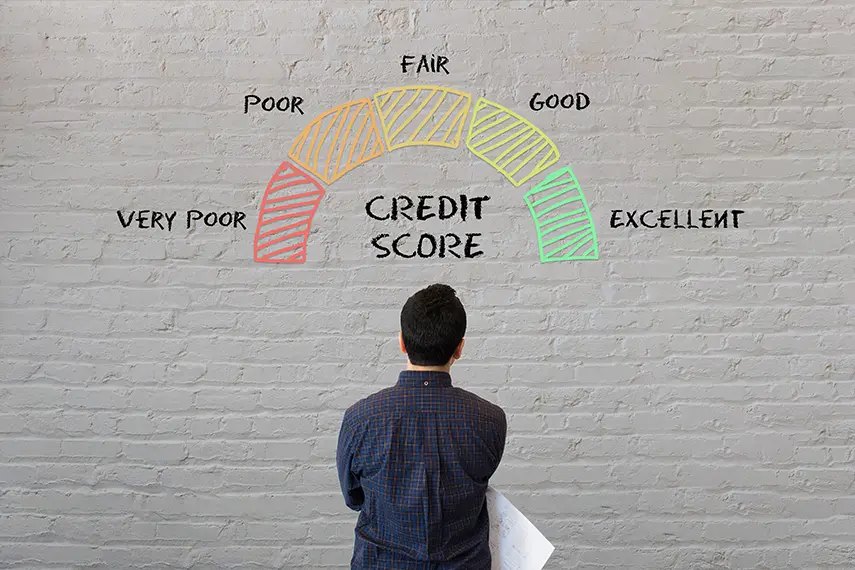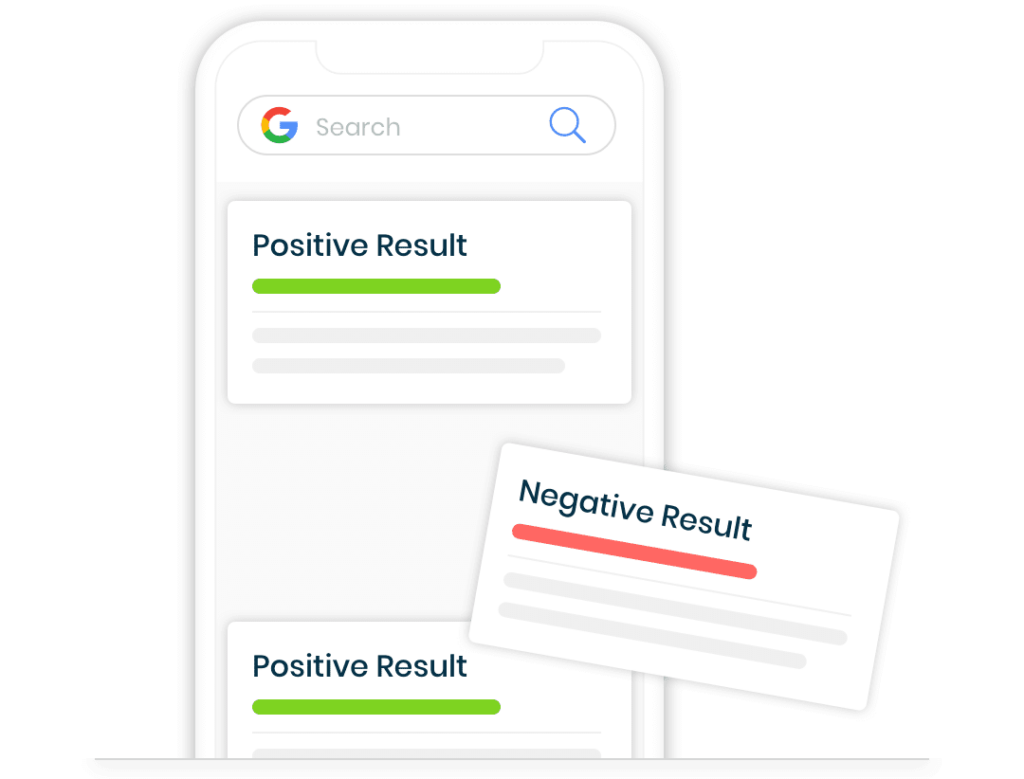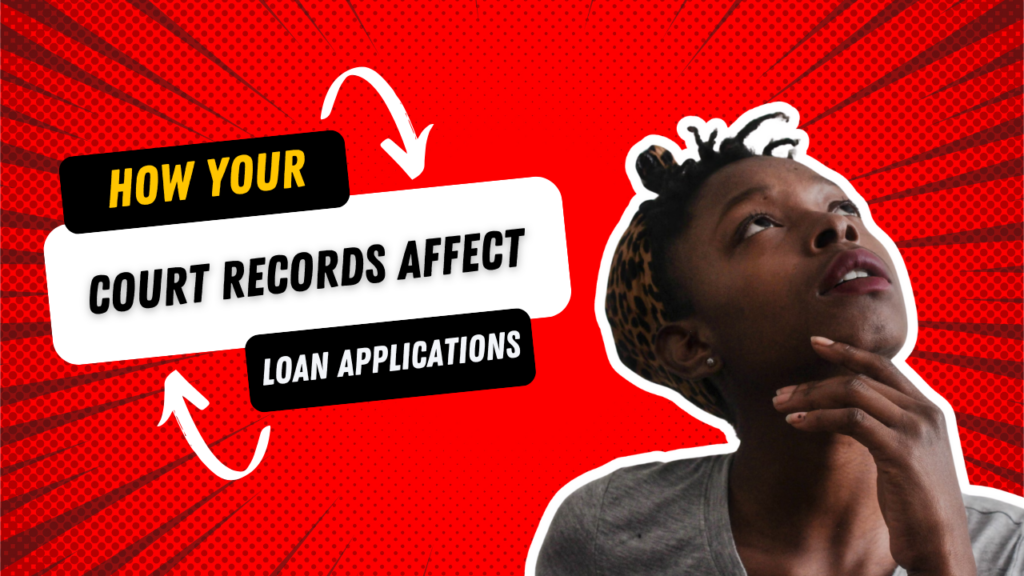Your online presence can say more about you than you think—especially when applying for a loan. In today’s connected world, online court records are just a few clicks away for lenders doing due diligence. Whether you’re applying for a mortgage, car loan, or small business financing, public court records could be the hidden factor standing between you and approval.
In this article, we’ll break down how court records influence loan decisions, what lenders actually look for, and how you can protect your financial credibility.
Dig Deeper: How to Remove Court Records from Google Search
What Are Online Court Records?
Court records are public documents created during civil or criminal proceedings. These may include:
- Lawsuits (even if dismissed or settled)
- Bankruptcy filings
- Evictions
- Criminal charges or convictions
- Tax liens
- Divorce or family court cases
These records can appear in Google search results, background check sites, and third-party court record databases like Justia, PACER, and county court websites. Once indexed by search engines, they become easily accessible to banks, credit unions, or private lenders doing online research.
Do Lenders Actually Check Google or Court Records?
Yes—many lenders go beyond just your credit report. While not every loan underwriter will run a full Google search, many loan officers, especially in private or small business lending, will review:
- Google search results
- Background check reports
- Public court record databases
- Reputation-related findings (e.g., news articles, lawsuits)
For higher-value or risk-based loans (like mortgages or SBA loans), lenders often look for red flags that aren’t on your credit report—like unresolved lawsuits or past bankruptcies that suggest financial instability or poor decision-making.

What Red Flags Are Lenders Looking For?
Even if your credit score is solid, the following online court records can influence your loan application:
1. Bankruptcy Filings
Even after discharge, bankruptcy records can remain online and create hesitation for lenders—even if they’ve already fallen off your credit report.
2. Ongoing or Past Lawsuits
Whether you’re the plaintiff or defendant, a lawsuit implies risk. If you’ve been sued for breach of contract, fraud, or unpaid debts, lenders may see you as a liability.
3. Eviction Records
If you’ve been evicted—even years ago—it may raise concerns about payment history and financial responsibility.
4. Tax Liens or Judgments
Legal judgments and unpaid taxes show up in court records and can quickly derail loan approvals.
5. Criminal Records
Even dismissed charges can be flagged if they appear in background checks or online searches. While this varies by lender, some will factor these into high-risk evaluations.
Real-World Example: A Small Business Loan Denied
A small business owner applied for a $250,000 line of credit. On paper, everything looked solid: good revenue, high credit score, and strong cash flow. But during the underwriting process, the lender found an old civil court case online—he had been sued over a contract dispute five years earlier. The lawsuit had been dismissed, but because it appeared on the first page of Google, the lender viewed it as a risk and denied the application.
Lesson: Even resolved legal matters can resurface online and impact financial decisions if not addressed properly.
How to Protect Yourself (or Your Business)

1. Google Yourself Before You Apply
Search your name and your business name in incognito mode. Make note of any court records, news articles, or legal references that show up.
2. Remove or Suppress Harmful Content
If possible, request removal of outdated or inaccurate court records from third-party websites. For sites that won’t remove them, use SEO strategies to suppress them in search results by publishing:
- Your personal website
- Updated LinkedIn profiles
- Positive media coverage
- High-authority directory listings
3. Be Transparent (When Necessary)
If a record is guaranteed to come up, consider proactively explaining the situation to the lender. Providing context may soften the impact and build trust.
4. Consider Expungement or Record Sealing
If your legal record qualifies, have it sealed or expunged through a legal process. Once that’s done, follow up with websites and background check services to request the content be removed.
5. Work with a Reputation Management Firm
A trusted firm can help remove court records from Google, suppress negative content, and build a stronger, cleaner digital presence before you apply for financing.
Final Thoughts
When it comes to loan applications, your credit score is just the beginning. Online court records—whether accurate, outdated, or even resolved—can have a real impact on your ability to secure funding.
If you’re planning to apply for a loan and are worried about what might show up online, take proactive steps now. The cleaner your digital footprint, the better your chances of approval.
Need help? Top Shelf Reputation specializes in removing court records from Google and helping individuals and businesses build reputations that support financial success. Contact us today to get started.

